What is more destructive, the creator or the creation? This is a question that is on my mind in light of Mary Shelley’s Frankenstein, a film that has left me with some things to think about. I wasn’t expecting this; if anything, I was expecting it to keep me mildly interested given that I have my share of Frankenstein adaptations and reimagings. This speaks to the scope of Shelley’s influence as well as the fact that the relationship between creator and creation often gives rise to conflict, which Branagh doesn’t shy away from. In fact, it is a means by which he deals with the nature of both Dr. Frankenstein and the creature, and as such, there are moments in which they are at odds with one another, moments in which they fail to consider the consequences of their actions, as though they are bearing the weight of playing God, obsession, and revenge, all of which are in the limelight.
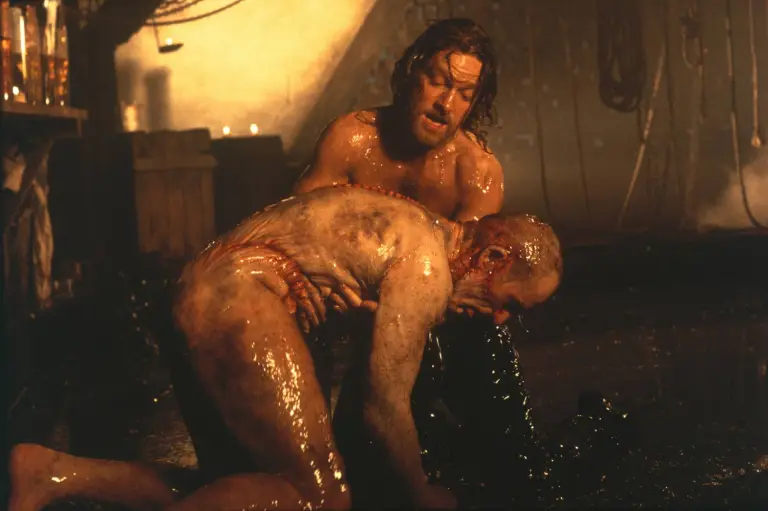
The fact that Dr. Frankenstein is so enthralled with his work to the point where he neglects his relationship with Elizabeth says a lot about him. It illustrates that he is determined to put Professor Waldman’s theories to the test, that he has given into madness, and that the success of his experiments is such that he can’t fathom the thought of abandoning his work. It’s an obsession that has a hold on him, a thought that he can’t help but entertain, despite the mockery he receives from his professors and despite the fact that by creating life, he is assuming a huge risk. In this sense, he is biting off more than he can chew, and the fact that his quest for knowledge puts him in a position where he is confident about the outcome of his experiments but neglectful of his relationship with creation, illustrates that he is dealing with the consequences of his actions in ways that he is not prepared for, as well as the weight that obsession carries.
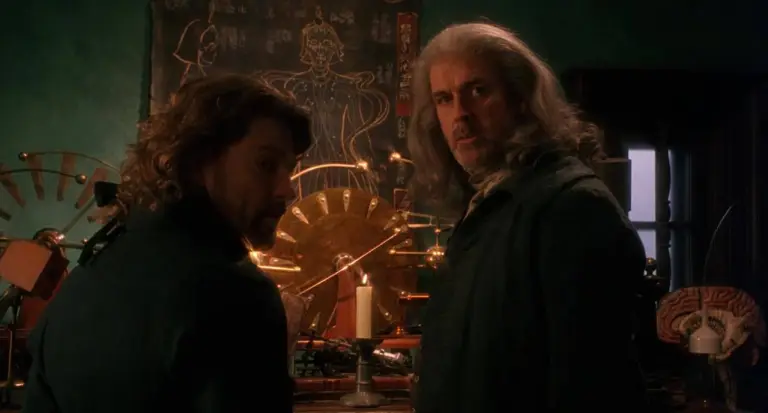
Visually speaking, the film is stunning, what with snowy mountains, a lived-in and well-equipped laboratory, the arctic seascape, Gothic interiors, and expansive fields. These are captured in such a way that is not only attentive to detail but enhances the situations and interactions that take place. There is, for example, a scene in which Dr. Frankenstein meets the creature in an icy cave; a scene that stands out in that the remoteness, as well as the coldness, complements the fact that the creature is bearing the weight of being created only to be left to die. It’s a pivotal scene, and what’s more, the creature’s longing for a companion is expressed in such a way that speaks to his understanding of the nature of man, given that he experiences compassion and hostility. In that regard, his desire for someone like him is all the more heartfelt.
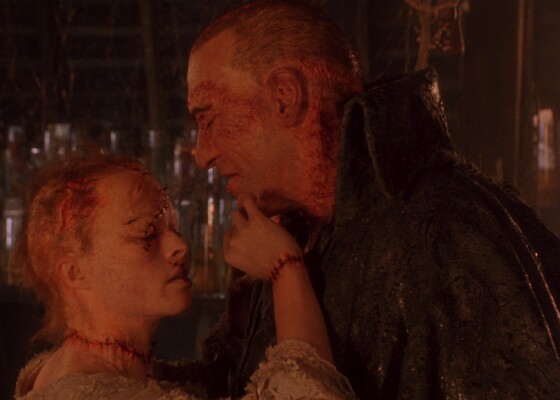
I wasn’t sure how I would feel about this film since I’ve heard mixed things about it, but I’m glad I gave it a chance. I’m aware of its reputation and I’m aware that it takes liberties, but at the same time, it’s Branagh’s vision and it isn’t lacking when it comes to ambition. I’m sure I would get even more out of it on subsequent viewings, and I’d be lying if I said it didn’t hold my attention. Classy stuff.

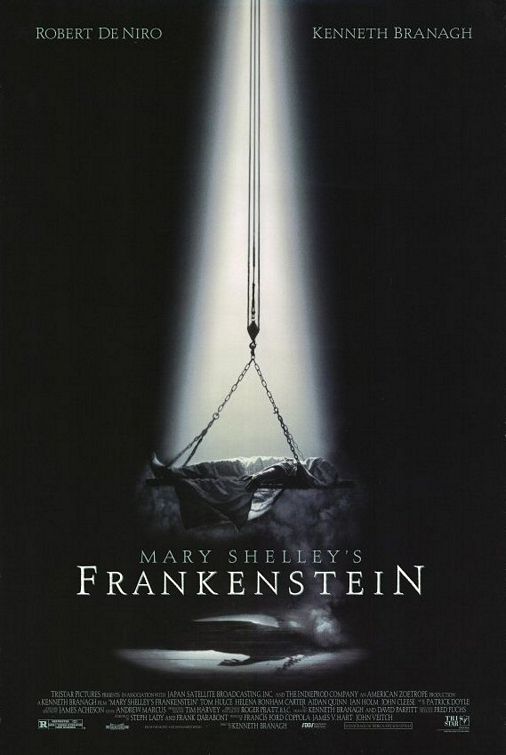
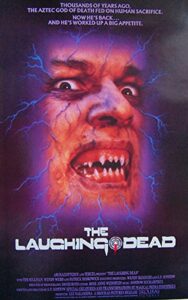
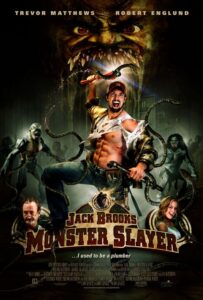
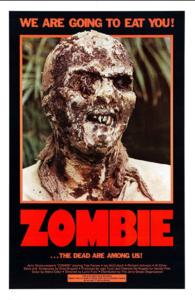
No comments! Be the first commenter?